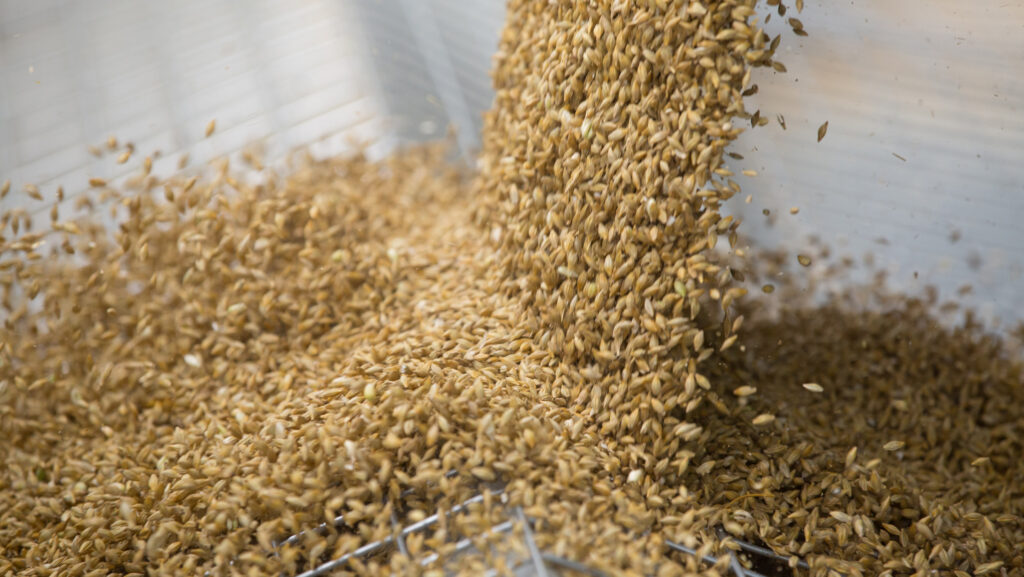Editor’s View: Is food the new oil on the global playing field?
 © Tim Scrivener
© Tim Scrivener Inch by inch, day by day we navigate a cropping year, a lactation block, a laying cycle. Piece by piece, your businesses adapt – new techniques are tried, new and different pieces of kit, new and different personnel.
Around us, the world mostly changes just as slowly, especially in agriculture, it seems. Until it doesn’t… sometimes, with a jerk everything is upended.
At the World Agri-Tech Innovation Summit in London this week – a place for start-up firms to hobnob with potential investors – the question “Is food the new oil?” was posed.
By this they meant… will this product which we rely on – and which is seemingly so plentiful we can afford to waste enormous amounts of it – one day be so scarce that the nations controlling the excess will rise to a position of enormous global influence?
See also: UK wheat markets near £182/t as rainfall impacts plantings
The western world’s oil complacency was upended 51 years ago this month by an immediate 70% price hike by the Middle Eastern oil cartel Organization of the Petroleum Exporting Countries (Opec).
This was in part a response to western support for Israel, following a surprise invasion of the Jewish state by a coalition of Arab nations including Egypt and Syria, and led to spiralling inflation and a deep recession.
As turmoil in the Middle East once again commands the eyes of the world this week, it is sobering to reflect that we are an even more interconnected globe now than half a century ago. In some respects, that is good.
A small harvest in the UK and rapidly declining prospects for crop establishment this autumn have hardly budged the price of grain.
So the cost to feed people and animals is not going to get out of control imminently, thanks to plentiful imports.
Yet this week’s conference asked us to consider scenarios where that was not the case – where there was not enough food to go round, or where governments of some countries chose not to trade with enemies, as Opec once did with oil.
There were the usual dark warnings about this becoming more likely amid forecasts for increased global food demand as the world’s population continues to grow.
And just like oil markets, grain markets can be upended without a moment’s warning, as evident in 1973 following the revelation that the Soviets had secretly bought up enormous amounts of grain from the US.
So not all crises can be anticipated, and great politicians are those that respond with agility as well as prepare exhaustively.
Yet it would be comforting if there was more frequent and overt monitoring of threats to food supply abroad, alongside the long-awaited Land Use Framework, that could define where domestic food production must be prioritised against competing interests.
And surely we must revisit the failure of the last government by doing more to support domestic horticultural production – a vital sector that must not be allowed to wither any further.
Government action must match the perils of our time.

